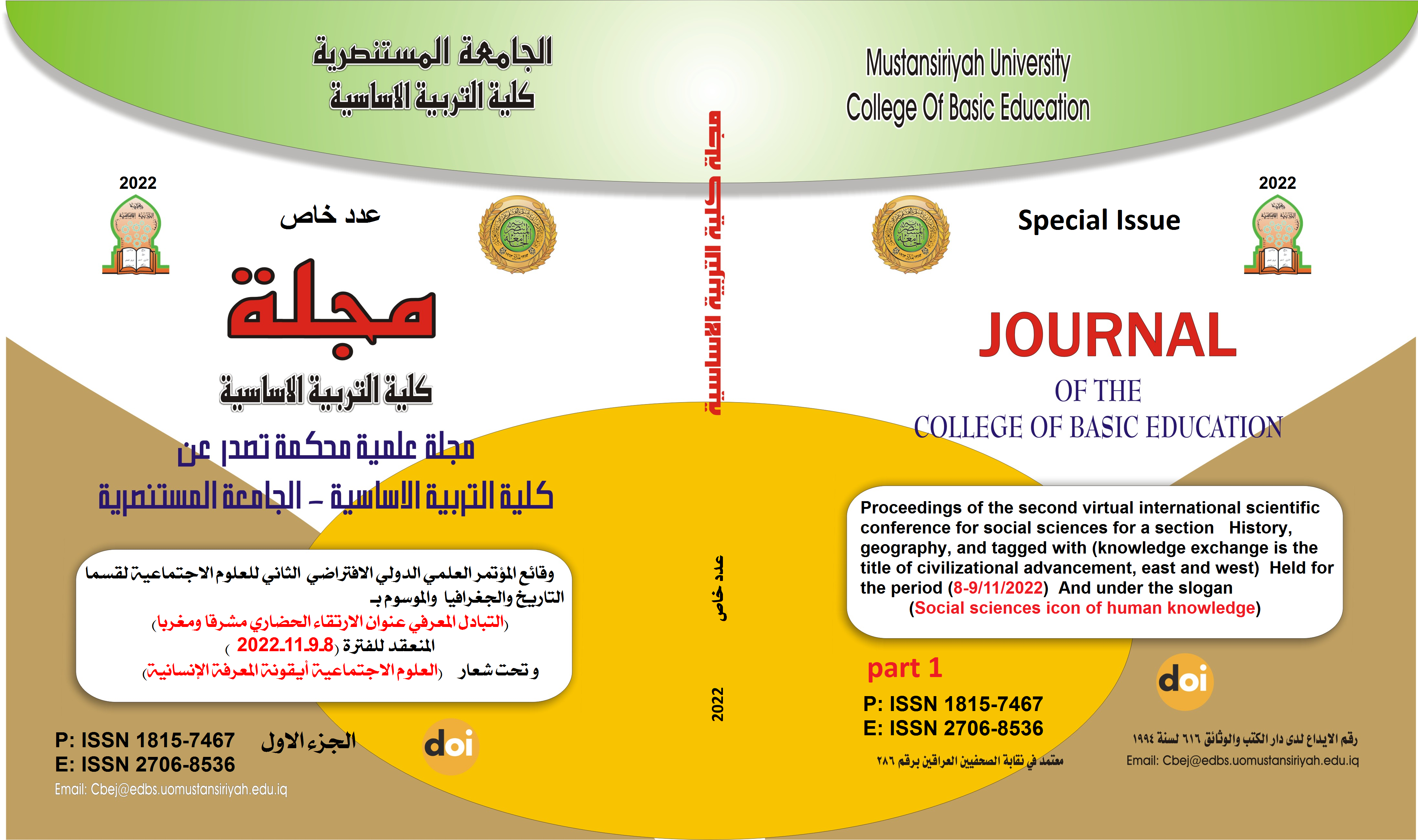Establishment of the Sovereignty Council And his advisory work in Iraq 1958-1963
Main Article Content
Abstract
The Sovereignty Council was scheduled to exercise the powers of the President of the Republic, while the Council of Ministers was scheduled to exercise two legislative and executive powers. However, the Sovereignty Council determined its authority by approving the laws that the Council of Ministers enacts and legislates. Thus, the Council’s contribution to the exercise of its authority was a formal and symbolic contribution, as it is not He has political influence over the state, as his actions were purely advisory, and the Sovereignty Council did not have any supreme authority. Rather, his job is to ratify the legislative actions of the Council of Ministers, and he performs the tasks that are within the competence of heads of state to accept the credentials of foreign ambassadors, in addition to the fact that the members of the Sovereignty Council are persons Those who are easy to influence due to their old age, that the leader maintained the religious and national representation in the Sovereignty Council after the resignation of Muhammad Mahdi Kubba and the death of Khaled al-Naqshbandi, in addition to that the change in power was the result of an armed revolution led by the army, and if there were free elections, the revolution would not have taken place in the first place.
Article Details

This work is licensed under a Creative Commons Attribution-ShareAlike 4.0 International License.
